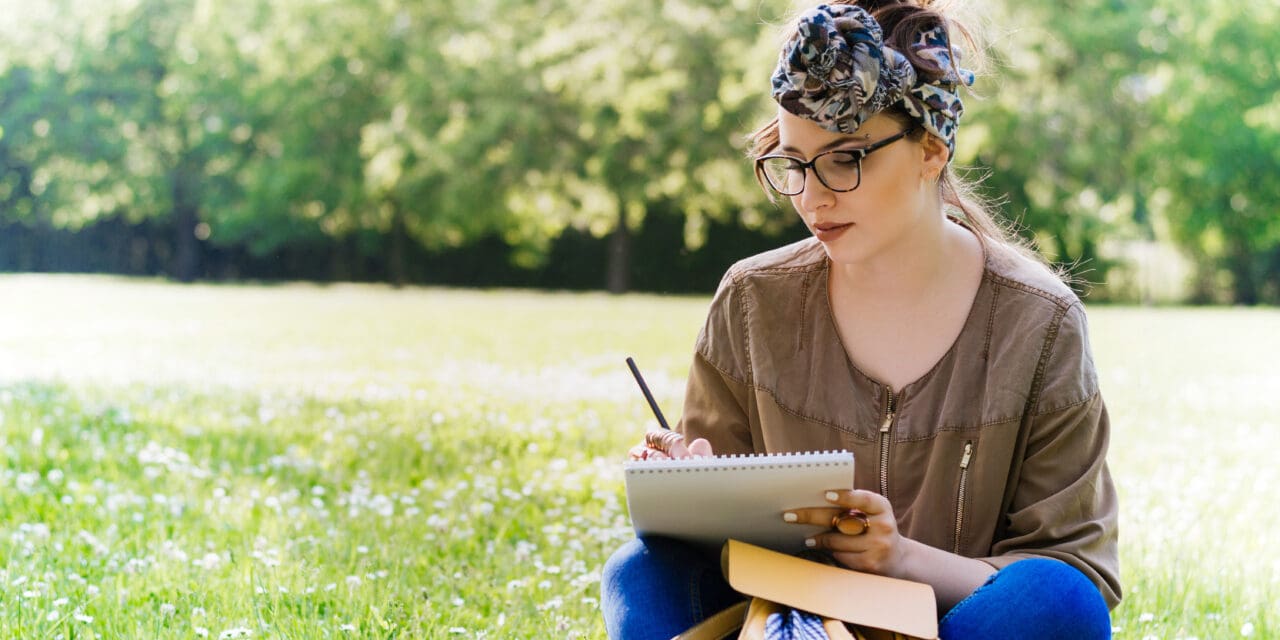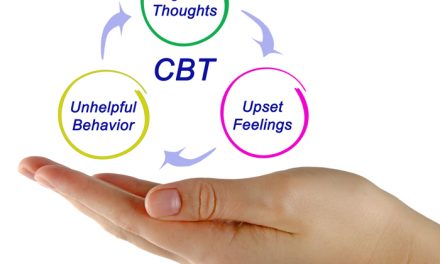Keeping a journal of one kind or another can be an extremely useful tool in recovery. Journals can provide a place to process your emotions, express your creativity, remind yourself of all you have to be grateful for, and more. We have explored the different kinds of journals and the many benefits of journaling in a previous entry—and we have provided a few prompts to help you get started.
But writing in a journal is not for everyone. Maybe you find the blank page surprisingly intimidating. Maybe you disliked your English classes in high school. Maybe your handwriting is illegible to everyone—including you—and typing a journal seems too impersonal. There are any number of reasons you might not be inclined to put pen to paper.
The good news is that you can experience some or all of the benefits of keeping a journal by engaging in some other activities. Let’s consider a few options that might be more appealing to you and that offer support to your sobriety.
Take a Deep Dive into Your Camera Roll
If you are like many people, there is a strong chance that your smartphone is home to hundreds and hundreds (maybe thousands) of photos—most of which you have probably forgotten all about. And if you are old—or old school—enough, you might also have boxes and boxes of photos you have not looked at in years.
It can be stressful to even think about trying to bring some sense of order to all those images, but we might suggest that looking through your photos can be a great substitute for writing a journal. As you look through photos on your phone or spread across your table, you will stumble upon happy memories and moments for which you are grateful. You might start to organize the photos in ways big or small—for example, a collection of your favorite shots of a beloved pet you could frame or a whole photo album dedicated to a vacation or other memorable time in your life—a process that engages your creativity.
And you might find that you are inspired to be more intentional about the photos you take, a process that can keep you grounded in the moment you are capturing. Being present even as you record something for the future is a great sobriety strategy.
Create Collages to Explore Creativity and More
Collaging is an activity that elementary school art teachers can usually count on to be a hit with the kids they teach. After all, the students get to cut things up and glue things down, and that is a pretty good day in art class. But collaging is not just for kids.
A good way to get started is to gather up any old magazines or newspapers you have lying around. You could also include photos (especially if you have duplicates stuffed in a box) or even old books that you are not attached to. The process of finding words and images to cut out and piece together in new ways can be a creative way to engage your emotions or to simply make something you find interesting and beautiful. Collaging—like journaling—is an activity that really is not bound by any rules, so you can engage with it in any way that feels satisfying and helpful as you work toward maintaining your sobriety.
Sort Through Your Souvenirs to Recall Special Moments
Do you have a bunch of postcards stuffed in a drawer? Ticket stubs from movies you attended long ago? A collection of t-shirts that reflect places you have visited over the years? Most of us like to hang on to items that remind us of good times, but we often tuck those things away and do not take the time to enjoy them. But reminiscing can lead to real feelings of gratitude for things you have experienced on your own or with others. And it can inspire you to find the time to create new positive memories.
Maybe you can find a spot to display a few souvenirs so that they can consistently remind you of good moments—which is much more fun than having those memories shut away in some drawer.
First Things First: Let’s Get You Sober
All of the activities we have listed above are positive ways to work toward staying sober. But in order to stay sober, you first have to get sober. That is where The Aviary Recovery Center—located near St. Louis, Missouri—comes in. We offer individualized treatment for substance use disorders and for any co-occurring mental health disorders that may be entangled with them.
We will see you through medically supervised detoxification and a rehabilitation program centered around individual and group therapy sessions. Then, as your recovery journey gets underway, we will provide a continuum of care that ensures you have access to resources and support you need to hang on to your hard-won sobriety.
When you are ready to reclaim your sobriety and your life, we are ready to help.










